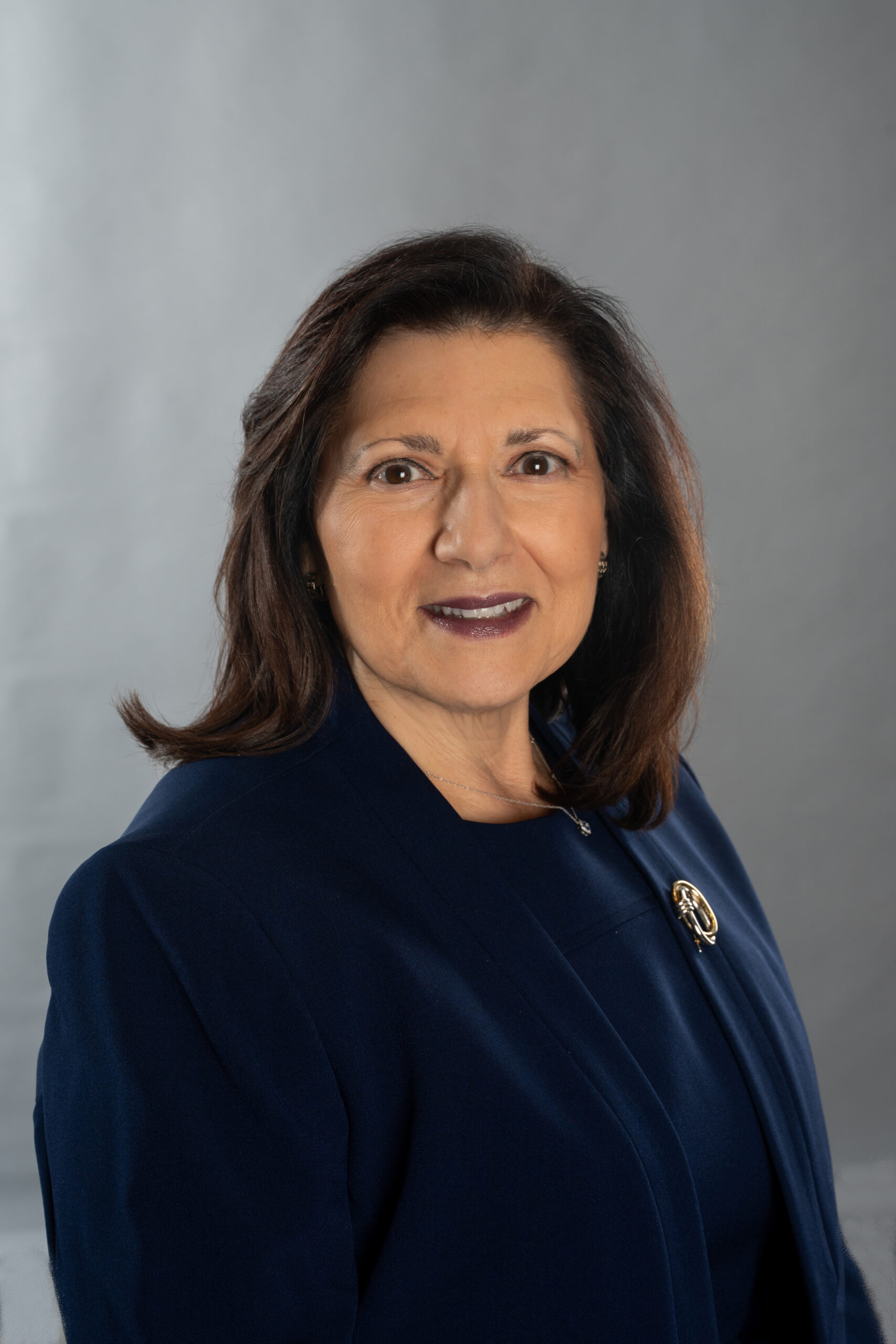
How does RIFM decide what to research?
The Research Institute for Fragrance Materials (RIFM) prioritizes research that directly supports RIFM’s Fragrance Material Safety Assessment Program and furthers the understanding of fragrance safety by:
- Improving and advancing the criteria guiding fragrance ingredient evaluation;
- Increasing the quality and value of RIFM’s safety assessments; and
- Developing, validating, and improving animal-alternative New Approach Methodologies (NAMs) to eliminate animal studies while protecting human health and the environment.
Science is constantly evolving. When RIFM embarked on the project to evaluate every individual fragrance-producing raw material a decade ago, our initial challenge was to provide a framework that allowed us to do so while avoiding animal testing at all costs. That led to the 2015 Criteria Document that has driven all RIFM Safety Assessments and saved more than half a million animals.
As RIFM headed toward our completion goal to assess all individual, discrete raw materials by 2024, we undertook multiple applied research projects in collaboration with academia, industry, and government agencies. We conducted this research to learn from the wealth of accumulated study data, develop new tools, and refine the old tools we had adopted to move us forward. RIFM’s mission is to build universal acceptance and trust in the safe use of fragrance materials through applied science and research, and our research is mission critical. The RIFM Research Program is efficient, strategic, proactive and reactive. The goal is a research program that is agile and adaptable to changing external needs or requirements, and to foresee unintended consequences.
We’re at something of a watershed moment. Over the last two years, we’ve published a record-breaking 19 collaborative research papers, some of which were in the works for many years and some of which we undertook recently. This research not only refines RIFM’s safety assessment process but also provides valuable guidance for fragrance manufacturers worldwide. We’ve also developed tools from some of this research, such as the Genotoxicity Data Visualization Tool, that are now available exclusively to RIFM Members and other subscribers to the RIFM Database.
All of RIFM’s research must conform to each of our Core Values:
- Scientific excellence and objectivity. RIFM’s research conforms to international standards. It must be reviewed and approved by the Expert Panel for Fragrance Safety, a self-governing, rotating team of international academics with no ties to the fragrance industry, before submission to peer-reviewed journals.
- Collaboration. RIFM conducts research with academic, industry, and governmental scientific experts to broaden our understanding and enhance and expand the tools used to evaluate fragrance safety.
- Transparency. We make all our peer-reviewed research available via the open-access Fragrance Material Safety Resource Center, where it can be downloaded and used by fragrance safety stakeholders worldwide.
Save the date: RIFM’s 1st Annual Science Symposium: This is where we’re going. November 30, 2022, 8:00 am – noon EST. Stay tuned for registration details for this virtual event.
Anne Marie Api, PhD, Fellow ATS, is President of the Research Institute for Fragrance Materials (RIFM).
Read about RIFM’s Safety Assessment Program.